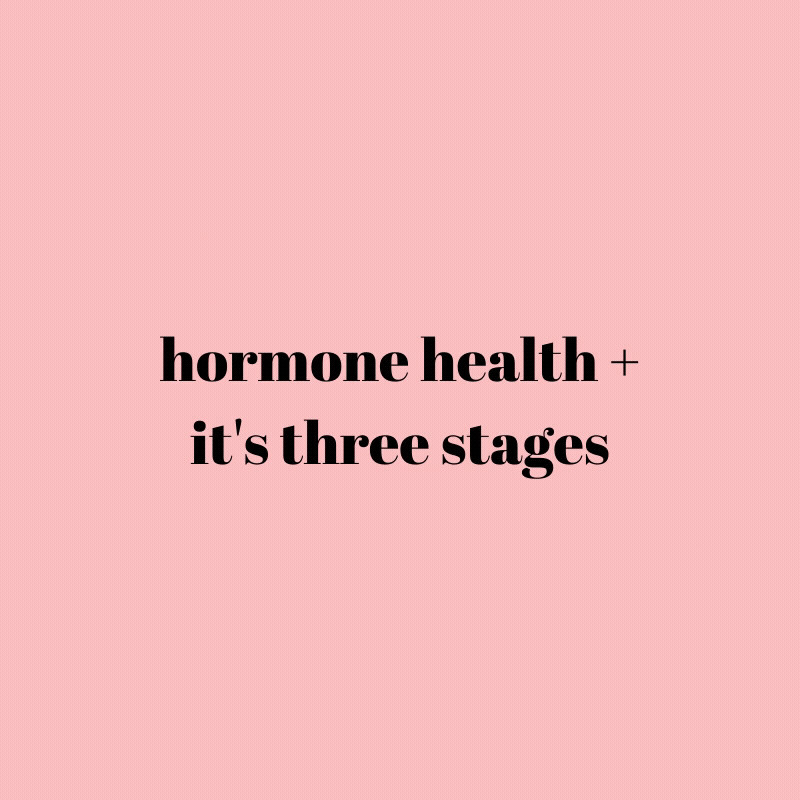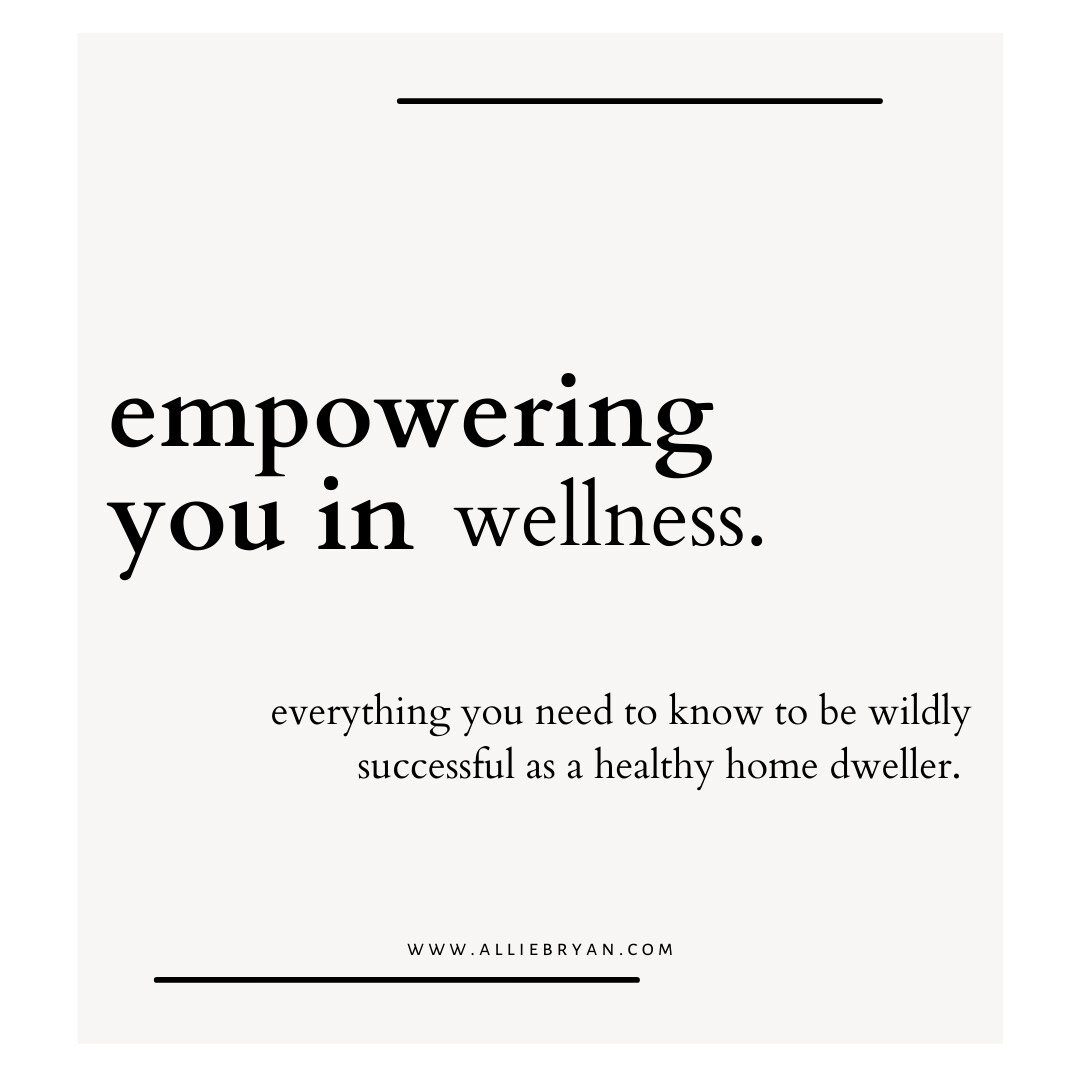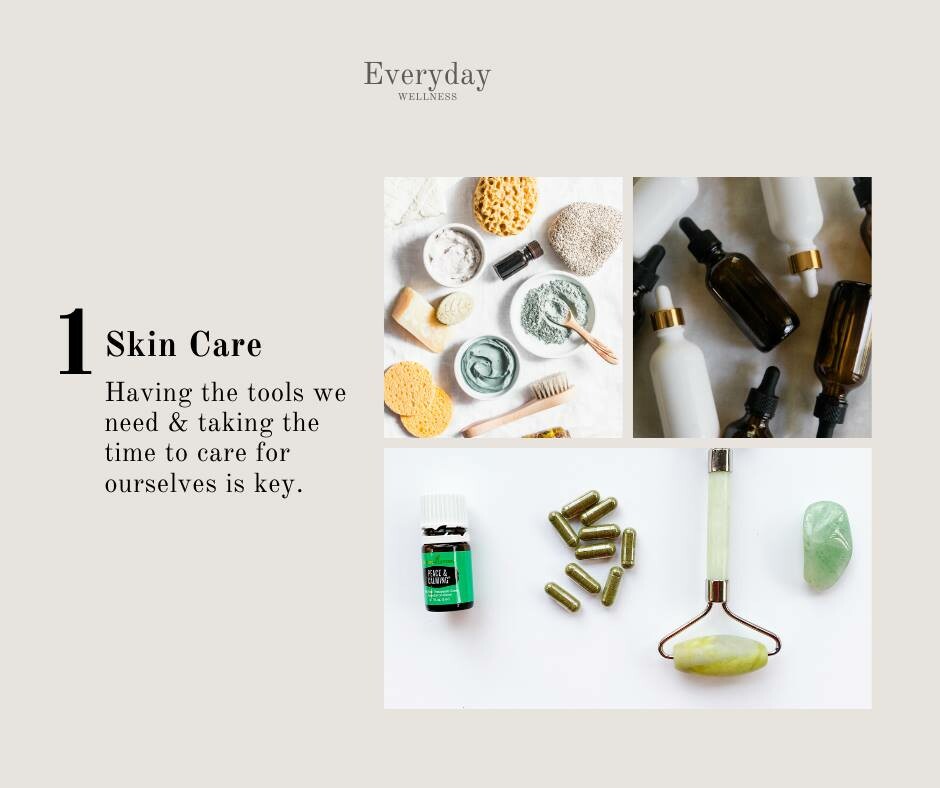
A woman's cycle is regulated by an interaction of multiple hormones, which regulate the activity of tissues (and cells) within our organs. If our hormones are off balance, it can feel as though our entire life is off balance. (I can speak from experience!)
The effects can range from gaining weight for no reason, to fluid or fat in the wrong places, mood swings, hot flashes, anxiety, depression or sleep issues.
Understanding our normal cycle can help us understand what is happening when we have symptoms during menopause or perimenopause.
When a woman is fertile, she has a menstrual cycle which is typically 28-30 days, with day one of her monthly cycle starting the first day of bleeding.
There are three phases to a menstrual cycle: follicular, ovulatory, + luteal.
A menstrual cycle is the rise and fall of hormones such as estrogen and progesterone and results in an egg growing and the lining of the uterus thickening.
A woman typically gets her first period between 12 and 16 years of age and continues to have a cycle until around age 45-48, where she is then perimenopausal or enters full menopause.
there are 3 phases to menopause:
Perimenopause refers to the years leading up to full menopause, which is where the production of hormones begin to decline and create an imbalance for some women. It starts with a drop in progesterone followed by lower estrogen production.
As a result, periods become light or less frequent. Symptoms can include short-cycles, trouble sleeping or frequent waking, night sweats and the most common, anxiety. Such symptoms can be reduced or eliminated fully when hormones are balanced and supported.
In clinical practice, we see 50% of such symptoms be completely resolvable with lifestyle and food changes, including proper and healthy stress management.
Perimenopause starts at age 45 or older and can last up to five or six years before entering full menopause.
2. Menopause
The official definition of menopause is when you do not have a period for 12 months or more. The average age for menopause is 51 years.
Much like perimenopause, hormone levels continue to drop with estrogen taking the biggest drop.
A secondary concern for low estrogen levels is bone loss. Estrogen promotes osteoblasts, which are cells necessary to produce bone. If we are low in estrogen, we are not able to effectively absorb calcium which is needed to build bone mass.
3. Postmenopause
The years following menopause is referred to as postmenopause. Unpleasant symptoms, such as hot flashes and night sweats, typically stop at this time.
However, due to the reduction in estrogen, there is a continued concern for bone loss and osteoporosis.
Why We Experience Menopause Symptoms
Symptoms during menopause can affect over 75% of women going through this transition.
Oftentimes, symptoms can be contributed to sleep quality, toxins, dietary choices, and stress levels.
Sleep is so important to our body.
Simply said, if we are not sleeping, we cannot heal. Poor sleep can be due to external factors such as poor sleep hygiene or hypoglycemia, stress, high cortisol or an imbalance in neurotransmitters.
A circadian rhythm issue is often at the root of sleep issues, as well. Getting a good night's rest is one of the most important things we can do for our hormones!
The foods we eat, and whether they are organic or not can have an effect on how we process and eliminate our hormones.
Amino acids (proteins), and compounds in fruits and vegetables all play an important role in liver detoxification.
If we are consuming foods which have pesticides and chemicals, they will act as additional hormones in our body, which further builds the case to eat organic.
A simple trick to help you use the protein you are eating is to add collagen or broth to your muscle meat (not organ meats), which will decrease their inflammatory potential and increase the bioavailability of their amino acids.
If you are over 50, this is a rule you should faithfully follow.
Cortisol is the main stress hormone in our body and is secreted during times of stress, low or high blood sugar, or infection/inflammation.
Cortisol is huge when it comes to our sex hormones being in balance. Hormones can be off balance and it is often due to high-stress levels.
Women in menopause can have low cortisol during the day and high cortisol at night, creating even further chaos (there’s that circadian rhythm issue we mentioned above which is commonly known as adrenal fatigue).
While cellular repair and rejuvenation are what we need at this point, most women are given selective serotonin reuptake inhibitors (SSRIs) or antidepressants instead of addressing the root cause and getting hormones checked.
Common Symptoms During Menopause
Hot flashes which are sudden temperature increases and feeling flushed for no reason at all. Hot flashes can also simultaneously happen with night sweats.
Night Sweats are due to changes in hormone levels, which affect the body's internal temperature regulating thermostat.
Weight Gain can be a big symptom when going through menopause. This is not due to overeating or not working out enough. A slowed metabolism means less cellular energy and impaired thyroid function, usually suppressed by stress hormones—this leads to weight gain, bloating and depression.
Brain fog or mood swings throughout the day can be a big symptom during menopause. This is typically due to low neurotransmitter levels and hormone imbalances, which contribute to low cortisol output and poor cognitive function. Anxiety can also occur and be non-stop, usually due to low progesterone levels.
Vaginal dryness, as well as low libido, can occur during menopause. This is typically due to the body producing less lubrication due to the reduction in estrogen production.
You know if you have experienced these symptoms or have a loved one who has experienced them, they are no fun at all!
The good news is you can take steps now and transform the way you enter menopause in the future or reduce current symptoms you have now, while in menopause.
Sleep Well
Creating a sleep routine which both supports deeper sleep and reduces waking times during the night is so important to healing.
Reduce Caffeine
Start to reduce caffeine by starting to replace your regular cup of joe with decaf or aim to get real energy from medicinal mushrooms. Lion’s mane is a medicinal mushroom especially targeted at healing the nervous system. Secondly, foods which can give you energy (and nutrients!), such as wild blueberries, leafy greens, superfoods, and herbs, can help with the transition off of caffeine (as can foods high in vitamin C).
Avoid Plastics & Obesogens
These interfere with our metabolism and the production of hormones. It is best to avoid drinking hot liquids out of plastic! Use reusable glass bottles as much as possible and check out our environmental blog for more tips on replacing plastics.
Gut Health
Healthy production of hydrochloric acid (HCL) and digestive enzymes is important at any age; however, it becomes more important as we grow older. HCL is part of a gastric secretion which is needed for proper digestion, especially protein digestion. Sometimes, adding it in short-term can help support your body in producing enough HCL on its own.
Fatigue can be a huge issue during this time of transition. A water-soluble vitamin, which is known to support the immune system (as well as the adrenals and HPA-axis), vitamin C is essentially the backbone to collagen production and necessary for mitochondrial health (also known as energy production). Want to know my favorite, just ask!
Magnesium
We love magnesium and typically recommend taking either orally or applying topically. Magnesium is well known for its benefits of muscle relaxation but is needed for so much more.
Magnesium also supports:
- Adrenal + thyroid health
- Estrogen detoxification
- Glutathione production
- Production of neurotransmitters, such as serotonin
Signs of low magnesium can be:
- Muscle spasms
- Anxiety
- Feelings of weakness
- Insomnia
- Poor appetite
Be sure to include magnesium supplements (or food sources of magnesium) before getting to the point of deficiency, as it is essential to the body. When choosing a magnesium supplement, we recommend glycinate or magnesium oil.
Breathing Smart
We take over 20-30,000 breaths per day. Breathing is so essential to our wellbeing, as it regulates the body. Respiration is the intake of oxygen and the release of carbon dioxide, so make sure to stop and pause to breathe in and out through your nose, making your exhalations longer than your inhalations.
Alternate Nostril Breathing
When possible, do this breathing exercise before you go to bed. Alternate Nostril Breathing is a powerful breathing technique used in yoga for stress relief and to balance the left and right hemispheres of the brain, which ultimately allows your creative mind and your logical mind to work in complete harmony—giving you greater access to all of YOU.
B Vitamins
B6, B12, niacin, thiamine (B1), pantothenic acid (B5), biotin, and folate (B9) are essential for energy, mood, and cognitive function. They all have specific benefits and unless you have tested to see which B vitamins you are deficient in, we typically recommend a high-quality B complex. Buyer beware, as not all B vitamins are created equally. We want them in a methylated form so that our body can fully utilize and reap the benefits. Want to know my favorite one? Just ask!
Vitamin E
This fat-soluble vitamin serves as both a vitamin and an antioxidant, which supports our brain, hormones, and heart. A 2007 study showing the benefits of vitamin E looked at a control group of menopausal women taking vitamin E for a period of 4 weeks. The results show a significant difference in the reduction of hot flashes in the group of women taking vitamin E when compared to those who were not.
I hope you’ve gleaned a better understanding of this later hormonal phase of life and gained a few new powerful natural tools you can consistently use to make this time in your life exceptional and more graceful.






